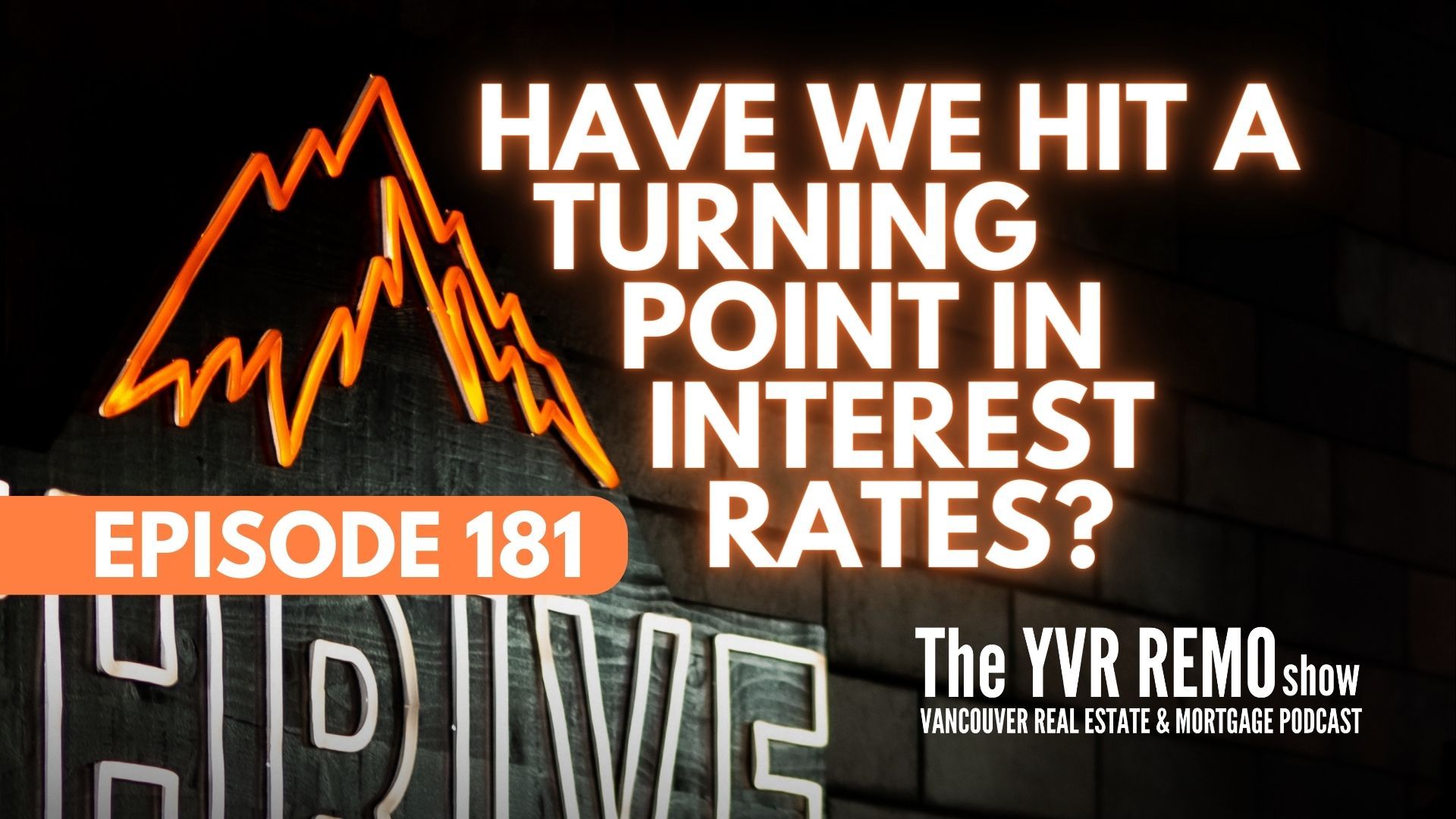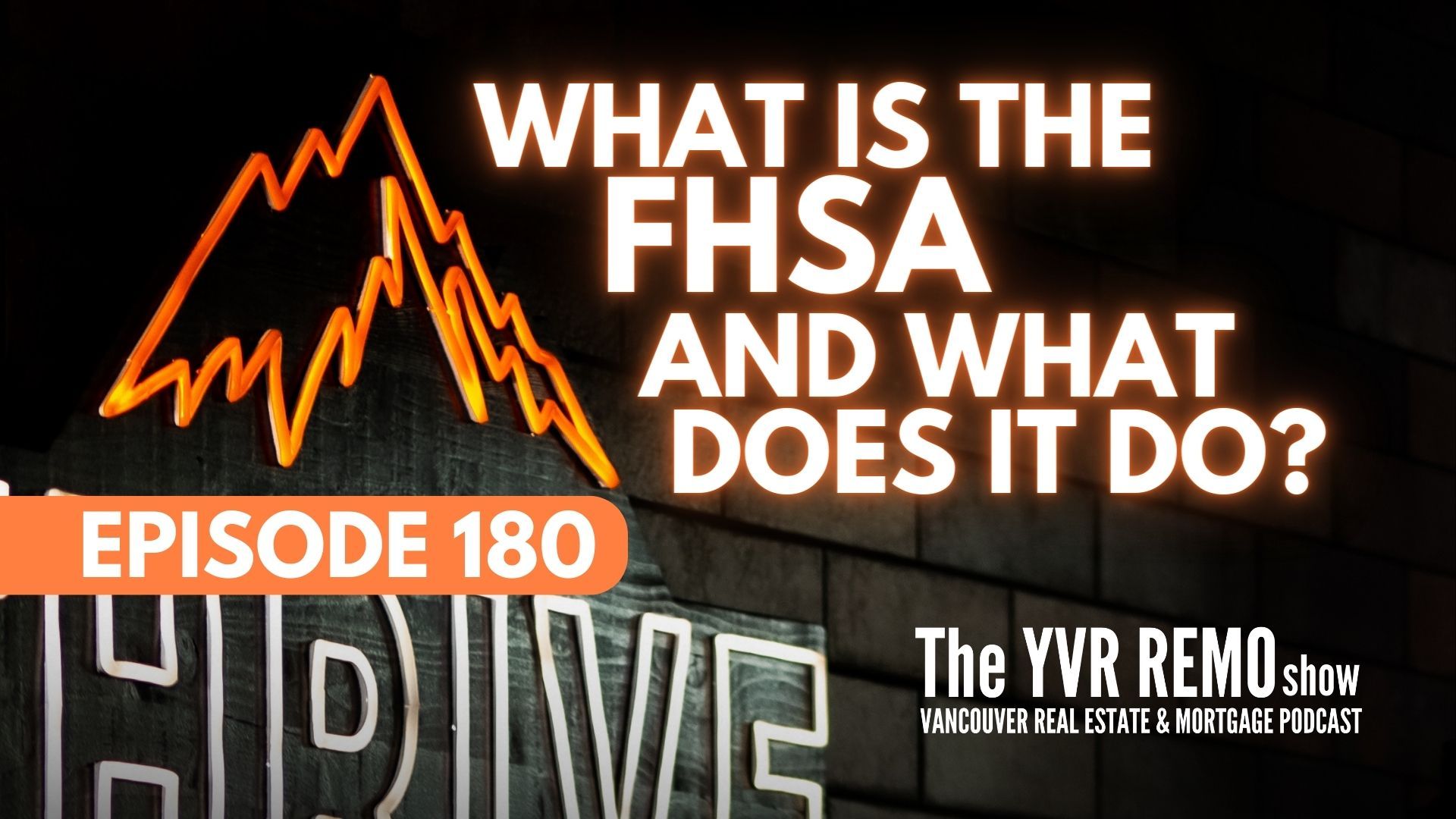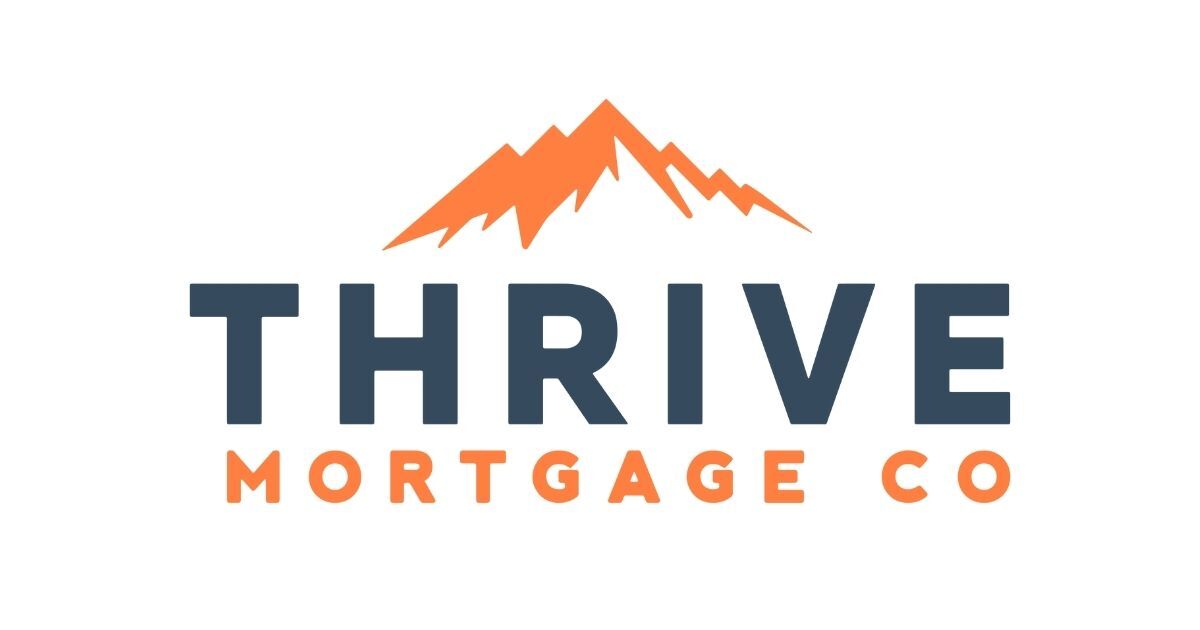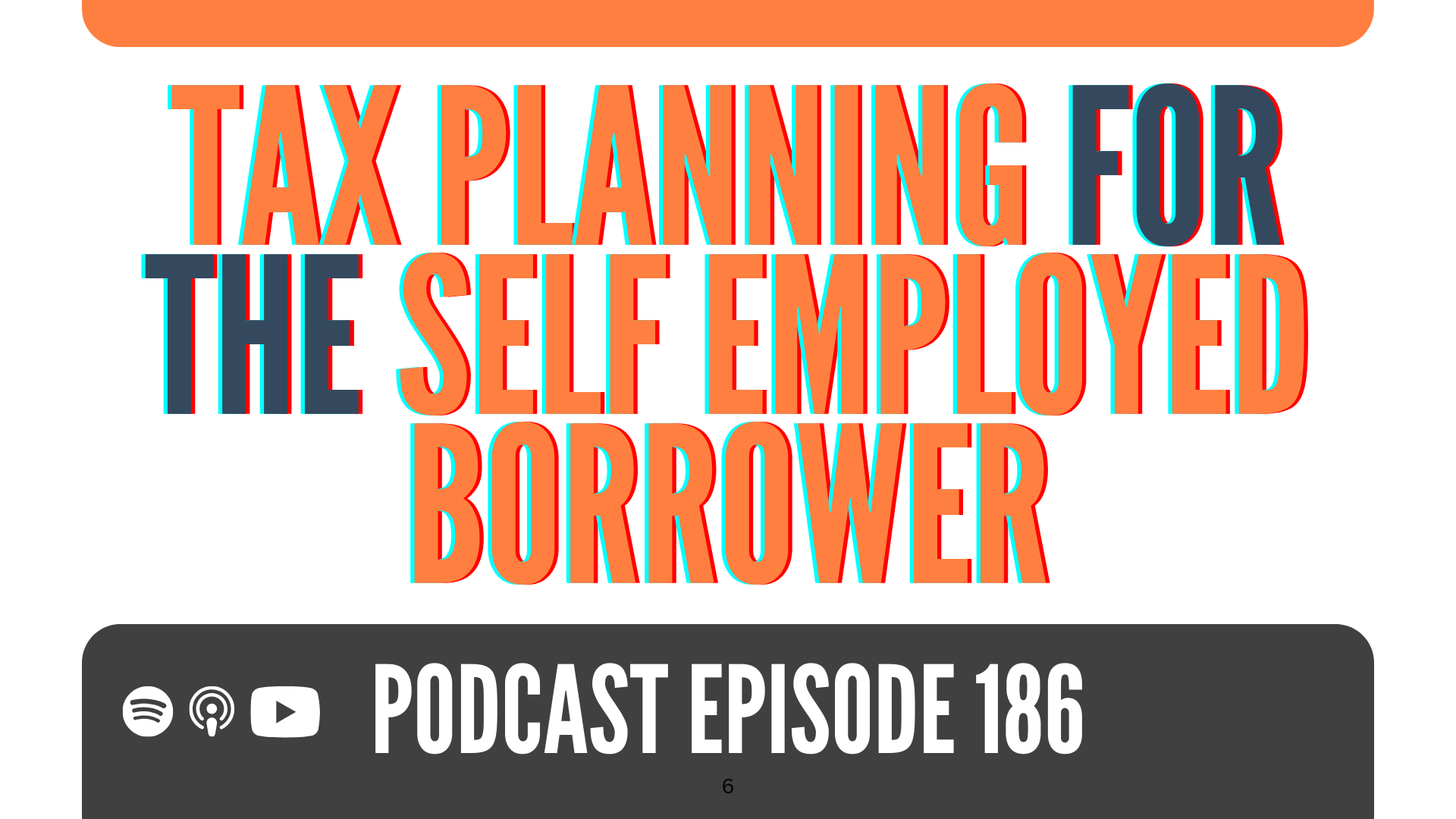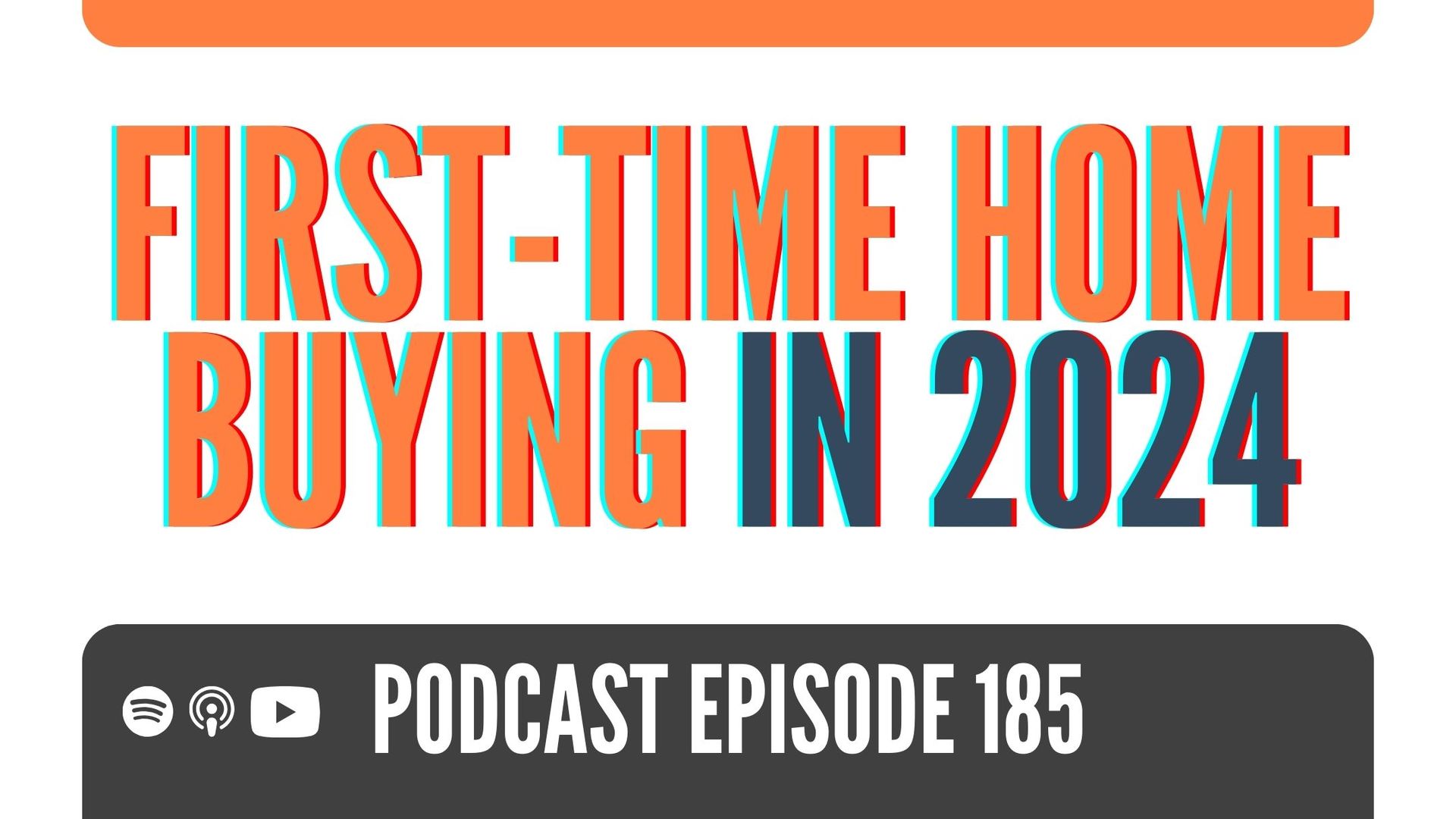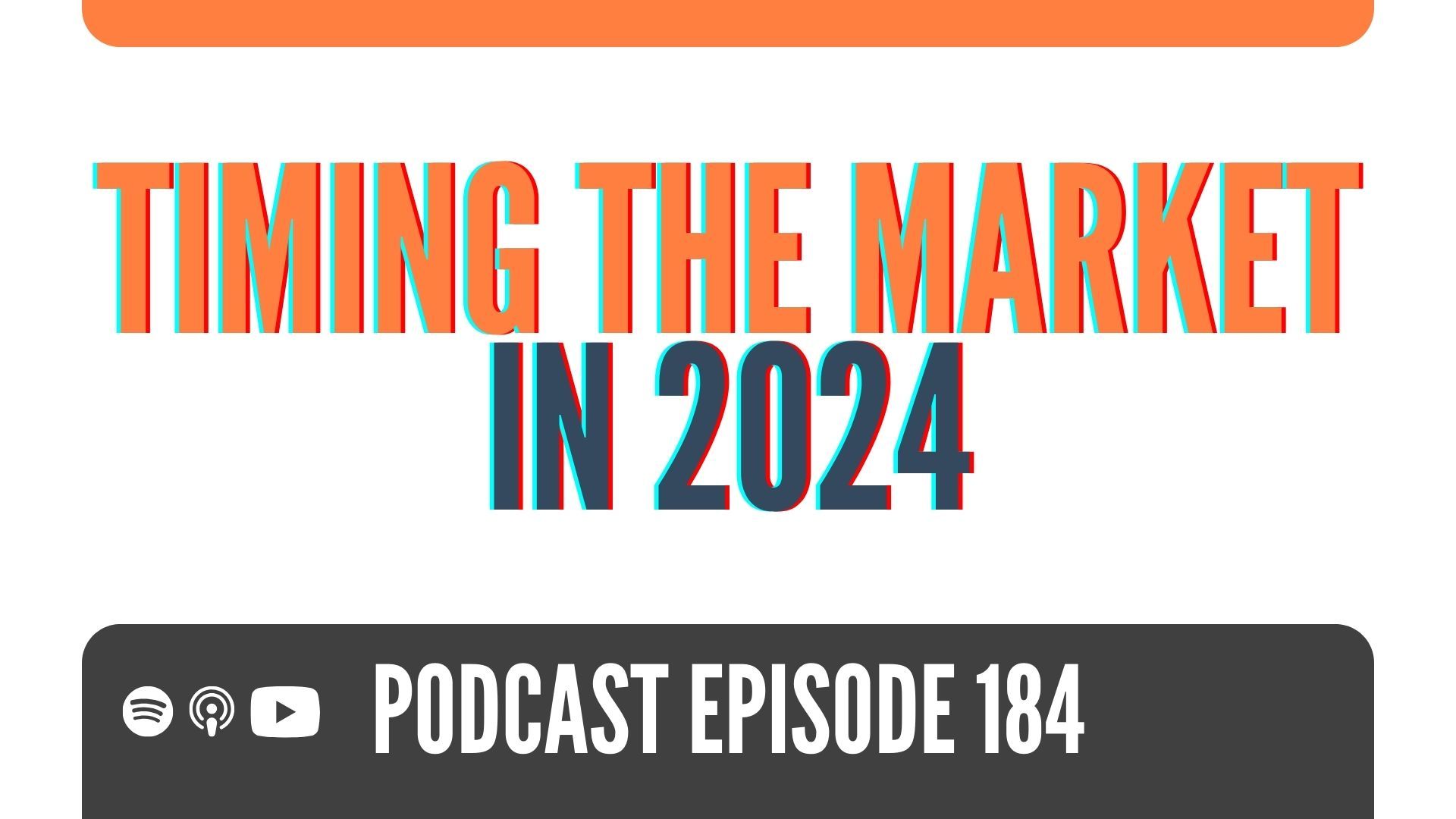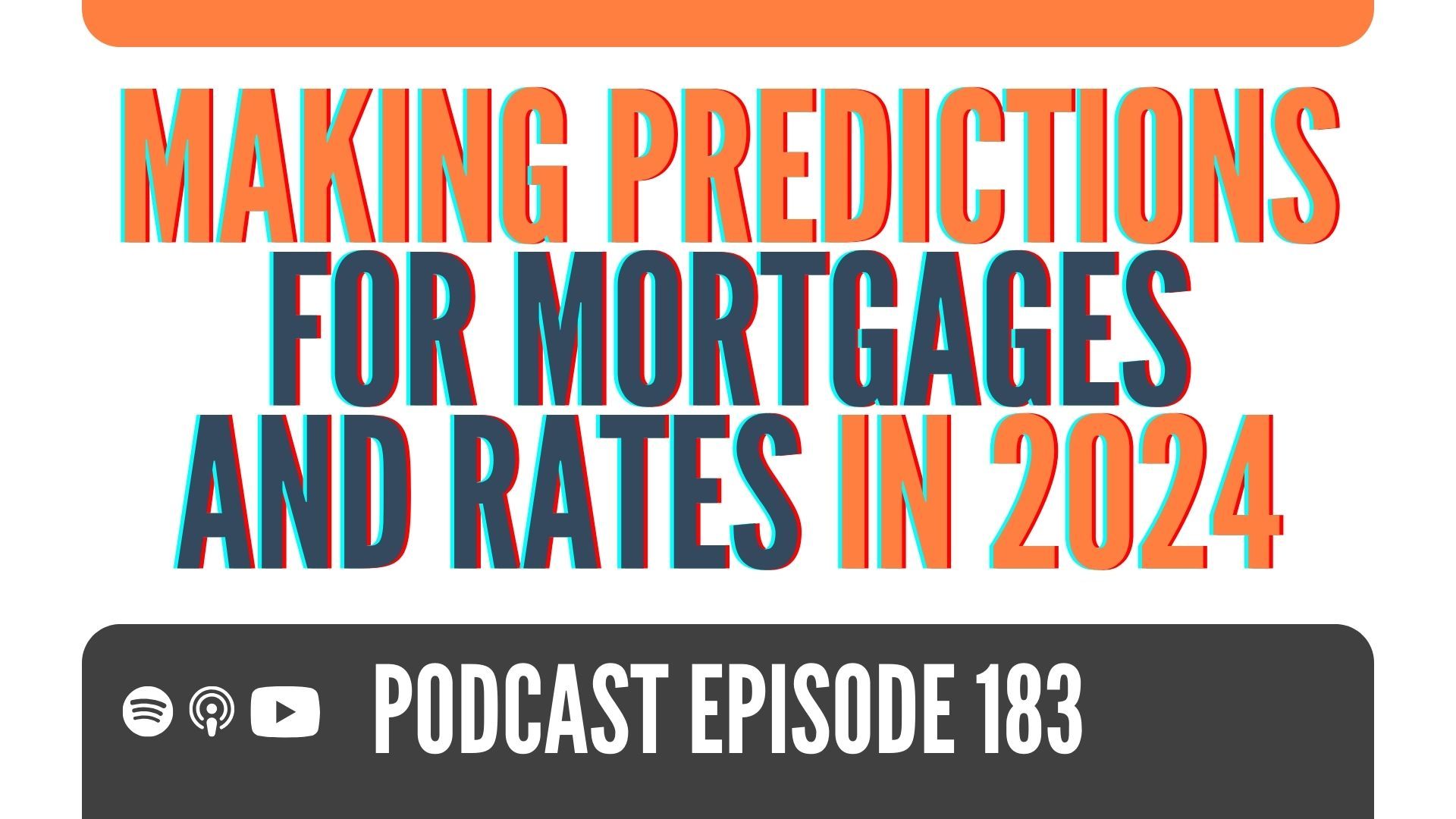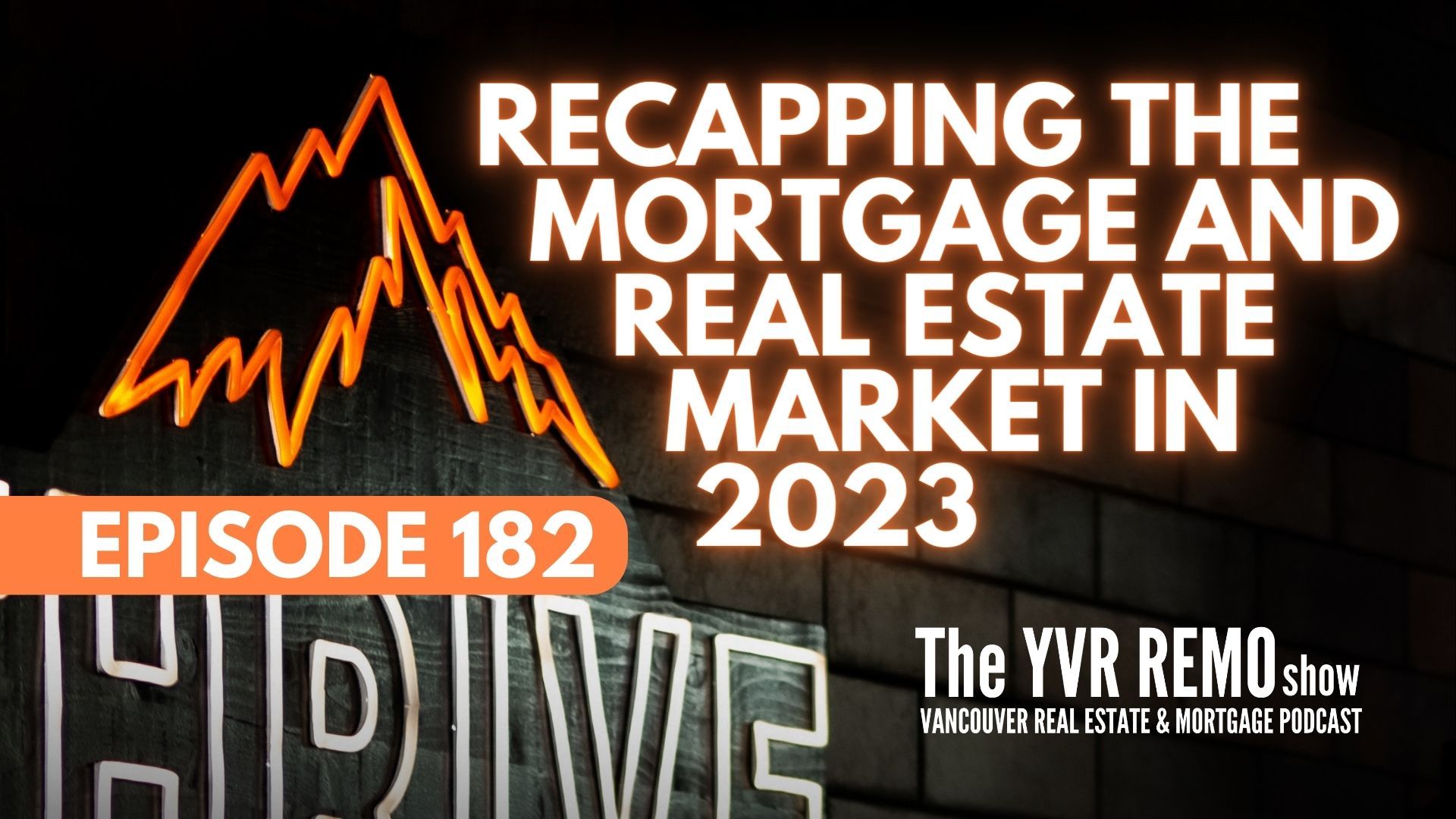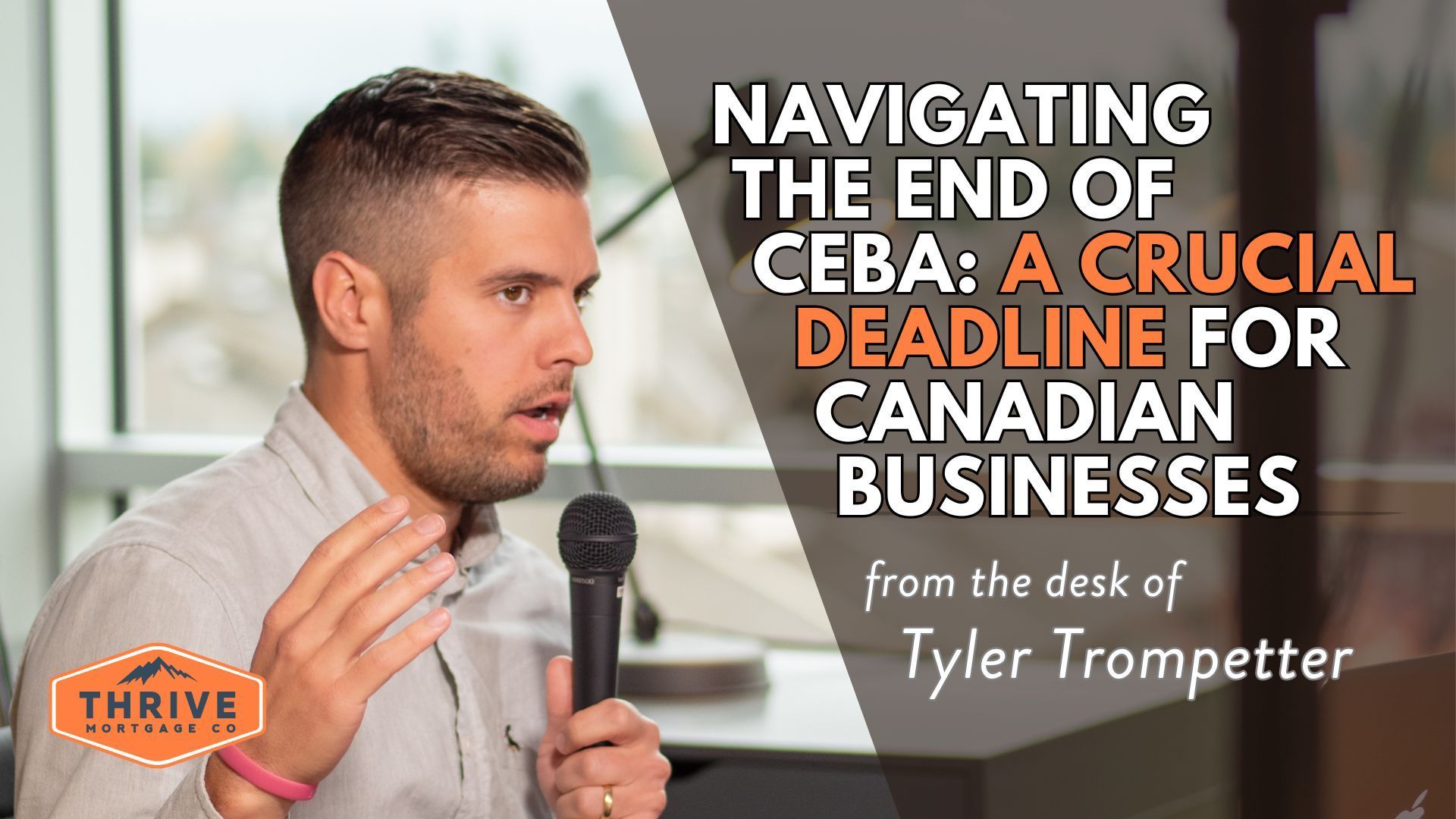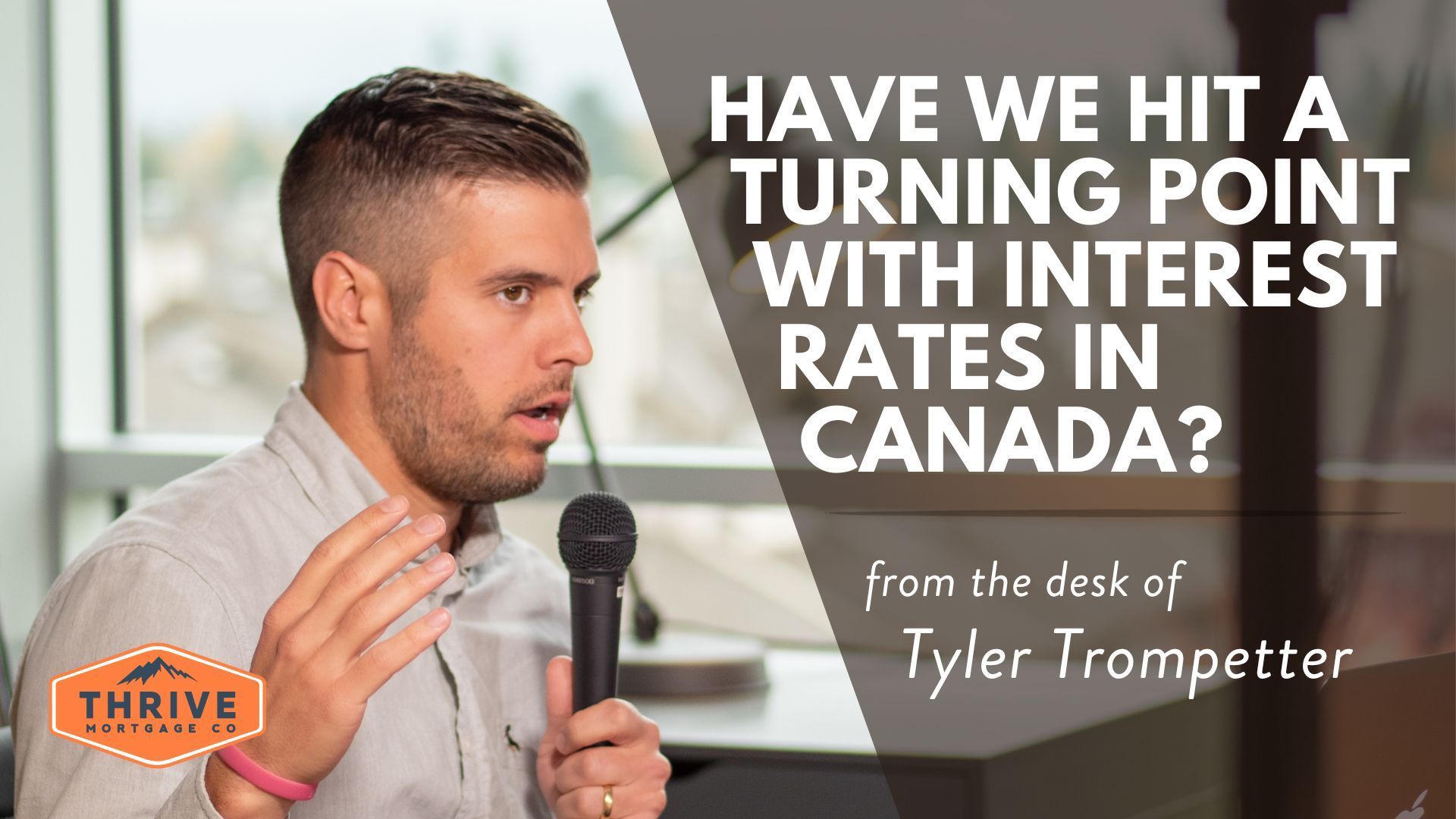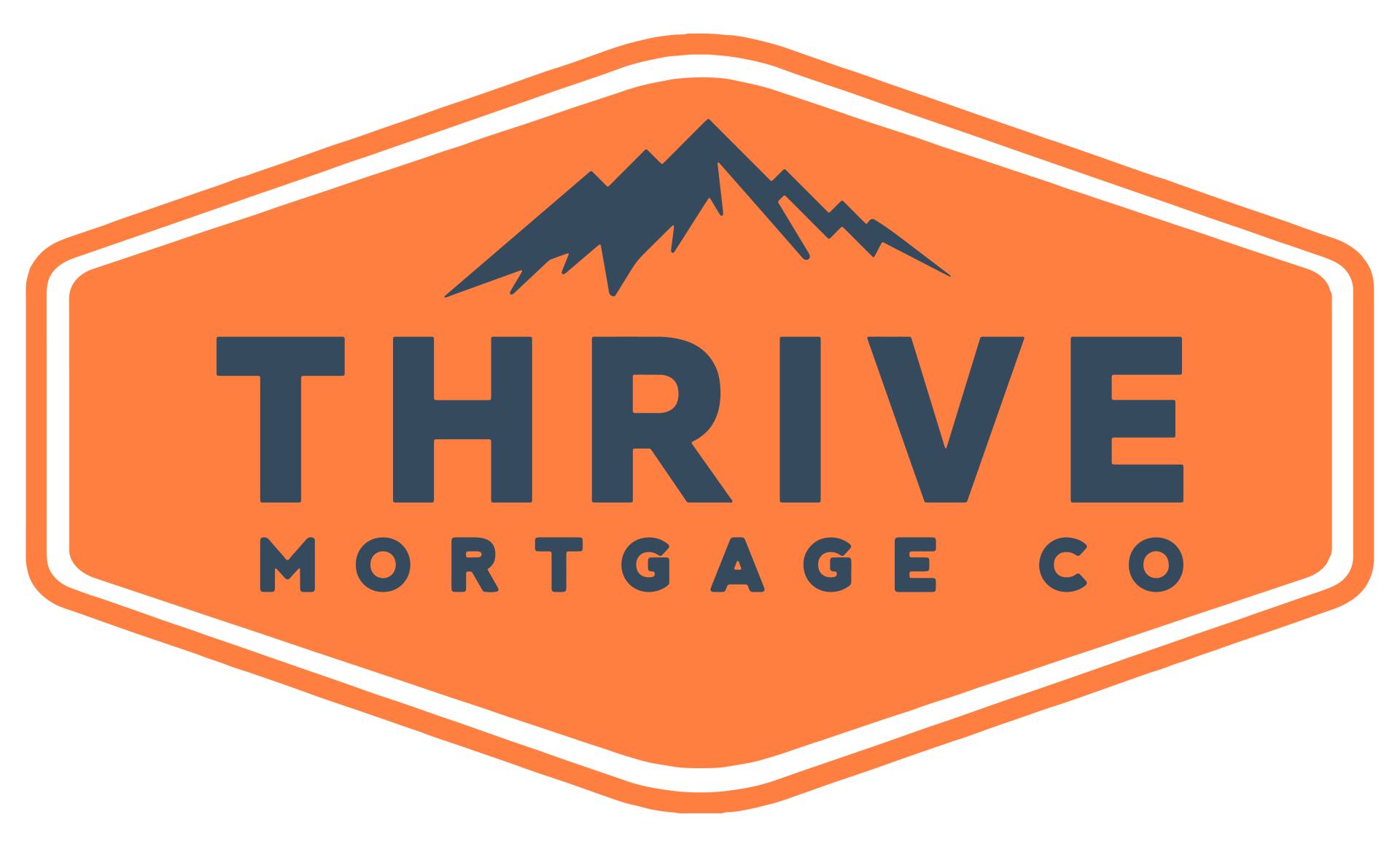The YVR REMO Show Episode 59 - Down Payment Strategies You Need To Know
Everything You Need To Know About Down Payments!
We're going to do a broad overview on all the different ways to get down payment.
1) GIFTING
What is a gift of money and what isn't a gift?
A lot of people are looking at an early inheritance. Typically an inheritance is when someone passes away and funds are passed down to their kids or family members. We see a lot of people help their kids with an early inheritance take advantage of that, helping them get into the market.
Gifting is the easiest way to structure a down payment from a regulation standpoint. It does have to be from immediate family but on exceptions, for example, it can come from an aunt or grandpa. The gift or the person giving the funds has to sign a gift letter noting that it is not to be repaid. That's part of the verification process for lenders.
Let’s use an example. Your mom gave you $50,000, there are a number of lenders that will actually ask for your mother's bank statement to confirm that she actually had those funds in a legitimate way.
This is because of the anti-money laundering act.
We've seen people that are buying with parents/grandparents and it's a two dwelling property. There's a suite in the house that the parents are going to occupy but you're essentially using the parents equity from their sale. The kids would essentially move into that property with their mortgage, so they would be paying all the debt and the parents are living mortgage free.
2) EQUITY
Equity is a very common way to obtain a downpayment. You can borrow up to 80% of the value of that home, assuming that you income qualify for it.
There's likely an existing mortgage on that property. You always have to keep in mind that if you can borrow 80%, subtract what's already lent out on that property and then the difference is what you're going to be able to utilize for a downpayment.
If you're taking equity out of a home and you are looking at buying a home at the same time, you have to tell that lender that you are going to own another property. It's very important to structure that correctly.
How long do you have to own a home before you can use the equity for down payment?
There's not any set amount of time. There are certain lenders that don't have time restrictions on how long you've had to own the home.
It depends on the value or the appraised value.
There's no limitations on being able to do it as long as you can qualify. There are lenders that will want you to be in that home for a minimum of 12 months before you can refinance, so if that is your goal, knowing how the lender looks at that policy is very important.
Don't assume just because you have equity in your home that you can access it. You have to qualify just like you're purchasing a property. If you're trying to increase your mortgage, you have to go through the exact same application process as a purchase.
3) USING RRSPs
Using your RRSPs typically is reserved for Canadian citizens who are looking to buy their first home. You can pull money from an RRSP which is an investment fund for the purpose of down payment without paying tax on it.
$35,000 is the maximum that you can use from RRSPs for a down payment. It has to have been on the account for at least 90 days.
More than four years since you've owned a home and/or being divorced also qualifies the same as the first-time buyers to use the RRSP.
Number one question I get around this program is when do I have to pay it back? 15 years is the rule.
4) PERSONAL SAVINGS
Personal savings is the most common source of downpayment with a pretty in depth verification process. We have to prove via 90 day bank saving history, lenders want to see a full transaction history.
We see these statements come back a lot and people have blacked out sections of what they've purchased or how much money they've withdrawn. Lenders need to know every single thing that's happened within that account for a full 90 days including any large deposits typically over $1,000. They'll ask for proof of where that came from.
5) COMPANY FUNDS
This is for self-employed individuals. If you own your own company and you have money in your corporate bank accounts, you can typically use that money for a down payment.
If you're drawing a large sum of money from your company, it's typically going to trigger a personal tax bill. There are some ways to set it up as loans but it's usually very short term. A lot of lenders will actually want to see the funds run from your company account to your personal account.
They'll want to verify the transfer.
6) BORROWED FUNDS
Can you use other money for borrowed funds for the down payment? There’s a two part answer to this question.
If we're talking about lines of credit you have to ask, is it a home equity line of credit?
Is the line of credit from your home?
Is it an unsecured line of credit?
The one from your home is very easy to use, the one that is unsecured, less so for a variety of reasons. Usually, it's just qualification. There are programs that will allow you unsecured, however, it'll reduce your qualification dramatically. The only one that is unsecured that we commonly see is for medical lines of credit, doctors and people in that field. We've seen lenders make very fair exceptions for those types of situations.
TYPES OF DOWN PAYMENT YOU CAN’T USE
1) CASH UNDER THE BED
Strangely enough, some people do keep cash. They take money out of the bank when they get paid and they put it under their bed.
Do not do that.
If you're going to do that, put it back in your account because it has to sit in there for 90 days before you can use it. People that are in a line of work where you receive cash tips, put them in the bank.
2) ALTERNATIVE INVESTMENTS
A big one right now, especially since 2020 when COVID really changed the financial markets, we're seeing alternate sources of investment in trading cards & jewelry. Basically ways to trade for money right now. One of those ways is Bitcoin. At this point right now, it's still unregulated and the banks just don't want to use that for the purpose of down payment yet. We're not seeing them accept Bitcoin or any cryptocurrency.
The reason that banks won't use it is because of where it's held. It's not like a bank account that you can typically track a transactional history.
It can't be tracked.
3) PAYPAL ACCOUNTS
We've had some issues using PayPal accounts, unless it's verified through your bank statement. It's difficult to verify. We've seen a lot of people create side jobs while they're off work. They're receiving all these funds from PayPal because of this new business. Get that into your bank account as soon as you can.
Have more questions? Get ahold of us!
We're on Instagram!
instagram.com/thrivemortgageco
instaggram.com/theyvrremoshow
Check us out on Facebook!
How to Reach US! 📲
Call 604.398.5575 or Email us!
More Questions or READY to get started!?
Just Ask US > Click Here to set up a call or EMAIL us
